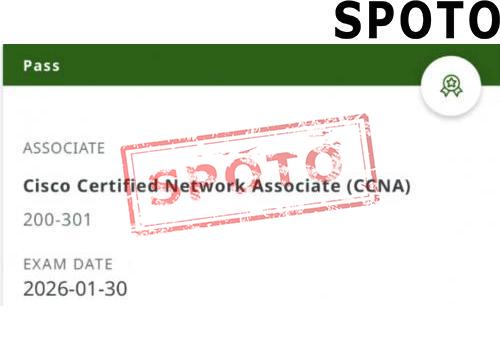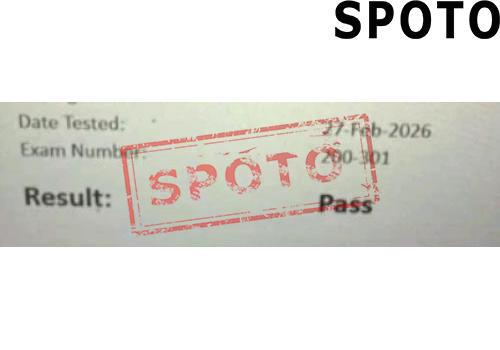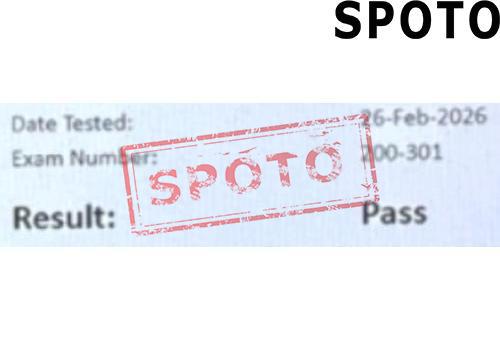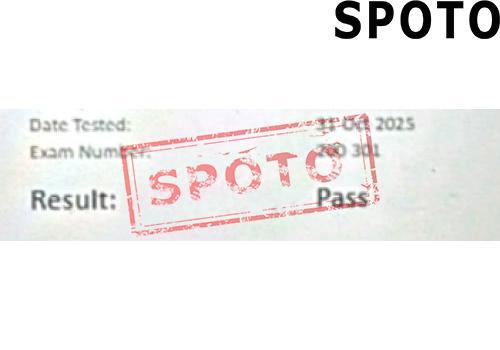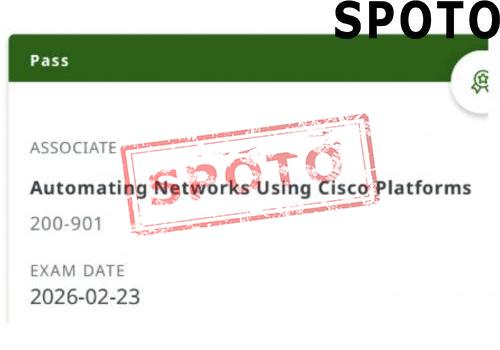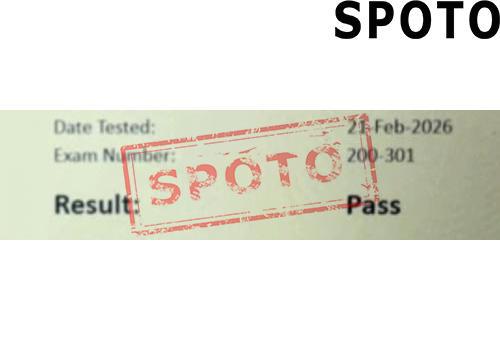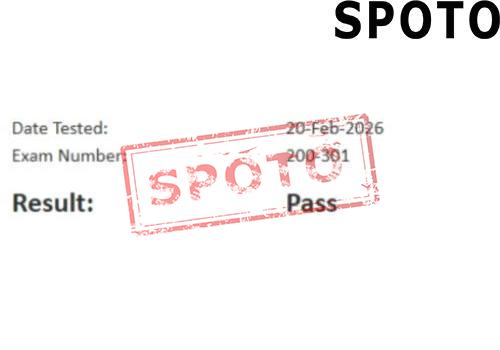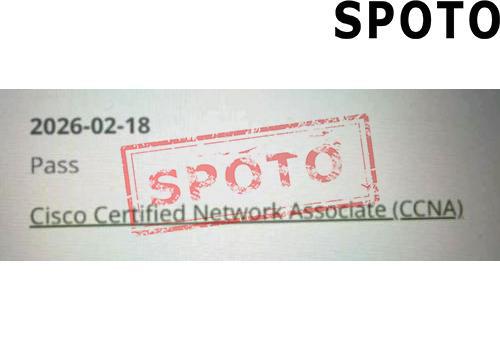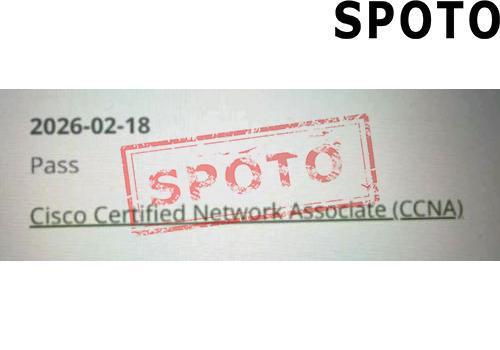.png)
What does CCNA certification entail?
The Cisco Certified Network Associate, or CCNA, is a foundational information technology (IT) credential offered by the manufacturer of networking hardware. The CCNA is meant to verify your understanding of the basic networking principles that are frequently required in networking responsibilities in IT careers.
Here is a summary of the main details:
1. The 200-301 CCNA exam is the only test you must pass to earn the CCNA certification.
2. The CCNA test will set you back $300 plus VAT.
3. The test can be taken without any prerequisites, however, training and prior knowledge of computer networks are advised.
4. As of May 2022, over 9,000 job posts on Glassdoor and 6,000 on Indeed in the US reference the CCNA certification, making it one of the most sought-after IT credentials.
How much is the CCNA exam?
Costs for the CCNA test are $300 + tax. The test can also be bought with Cisco Learning Credits. These are prepaid credits that a business may purchase to allow its workers to choose how they use the credits on the Cisco platform following their preferences.
Trying to reduce expenses?If you believe that your firm might benefit from you earning a CCNA certification, talk to your manager about whether or not the business would cover the cost of the exam, exam preparation, or both.
How much could I make if I obtained the CCNA certification?
CCNA certificates can help you get networking jobs at both entry-level and higher levels. Some of the job titles that can apply for CCNA certificates are shown below, along with the typical salaries for such positions in the US as of May 2022.*All salary data is sourced from Glassdoor as of May 2022
|
Position |
Salary (average US) |
|
IT support specialist |
$53,051 |
|
Network specialist |
$64,430 |
|
Network administrator |
$69,243 |
|
Network engineer |
$85,822 |
|
Senior network engineer |
$116,165 |
![]()
What topics are covered on the CCNA exam?
The CCNA 200-301 test has a time limit of one hour and a half and is available in both English and Japanese.
The CCNA test is broken down into the following sections:
Fundamentals of the Network (20%): Components of networks such as routers, switches, and access points; network topology architectures; types of physical interfaces and cabling; IPv4 and IPv6 configuration; IP parameters; principles of virtualization, wireless networking, and switching; and so forth.
Access to the network (20%): VLANs, Interswitch connection, Layer 2 discovery protocols, and EtherChannel configuration and verification; Rapid Spanning Tree Protocol operations; Cisco wireless designs, AP modes, physical WLAN components, AP and WLC management access connections, and wireless LAN access are all discussed in this article.
Internet Protocol connection (25%):Routing tables; router decision-making; setting and validating IPv4 and IPv6 static routing, as well as single area OSPFv2; first hop redundancy protocol
IP services (10%): Configuring and verifying NAT and NTP; describing DHCP, DNS, SNMP, and syslog features; per-hop behavior; using SSH; describing TFTP/FTP
The foundations of security, which account for 15% of the total score, include concepts such as risks and mitigation, physical access control, password rules, access control lists, Layer 2 security features, and wireless security protocols.
Comparing conventional networks with controller-based networks; automation ideas; analyzing JSON data are all part of the ten percent of the exam devoted to programmability and automation.
Instructions on how to obtain the CCNA certification
You will need to take the CCNA test, number 200-301, that is provided by Cisco to earn your CCNA certification. Although there are no requirements for the test, Cisco states that candidates for the CCNA certification typically have the following experience before taking the exam:
1. A minimum of one year of experience working with and deploying Cisco products and solutions.
2. A fundamental understanding of IP addressing
3. Knowledge of the foundations of the network

